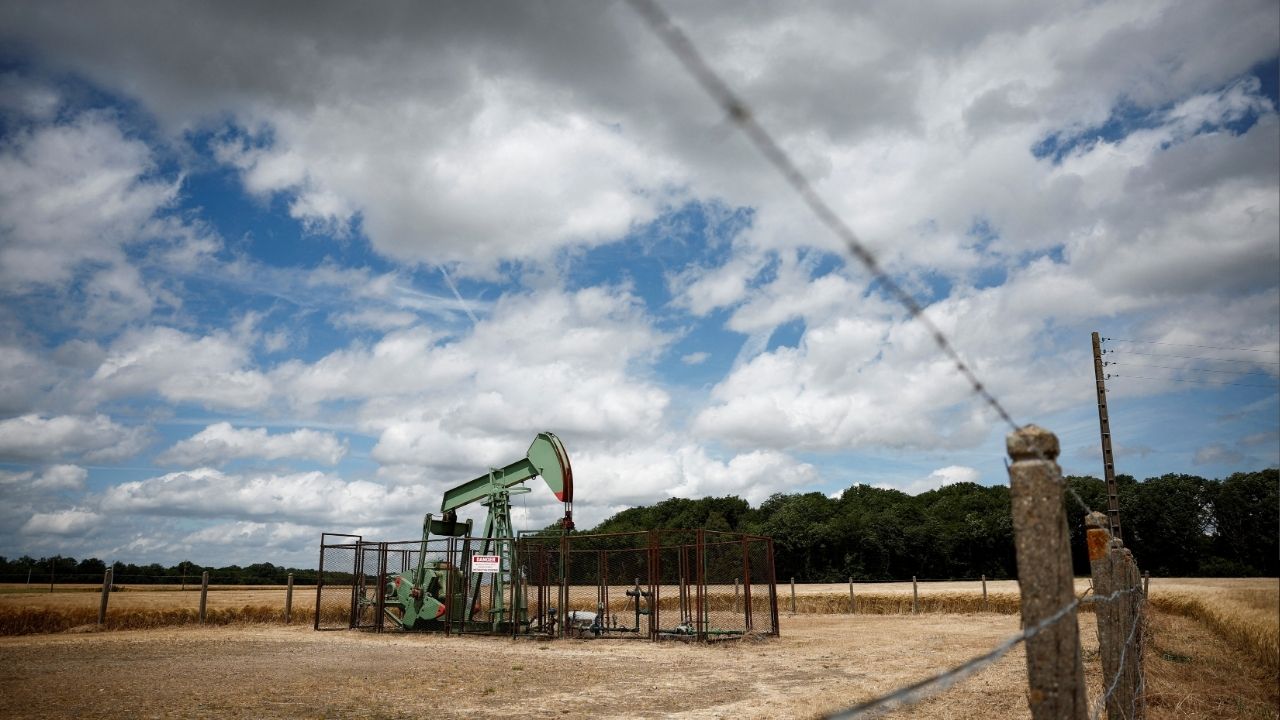As missile exchanges between Israel and Iran continue into a seventh day, oil prices have risen sharply, reflecting deepening investor concerns over Middle East stability. Brent crude and U.S. West Texas Intermediate crude both saw significant gains, influenced by geopolitical tensions and U.S. policy stances.
Oil Prices Jump as Israel-Iran Conflict Enters Seventh Day

Key Takeaways:
- Oil prices rose due to ongoing missile exchanges between Israel and Iran.
- Brent crude futures increased by $1.60, or 2.1%, to $78.29 a barrel.
- U.S. West Texas Intermediate crude went up by $1.64, or 2.1%, to $78.34.
- Investor sentiment is affected by U.S. President Donald Trump’s stance on the conflict.
- The conflict has entered its seventh day, intensifying market concerns.
Oil Prices Surge Amid Israel-Iran Missile Exchanges
As the conflict between Israel and Iran enters its seventh consecutive day, global oil prices have climbed significantly. The ongoing missile exchanges between the two nations have heightened investor fears over stability in the Middle East, a region critical to the world’s oil supply.
Continued Missile Attacks Fuel Concerns
Overnight, both Israel and Iran continued to exchange missile attacks. This sustained hostility has escalated tensions, leading to worries about potential disruptions in oil production and supply chains within the region.
Brent Crude and WTI See Significant Gains
In response to the escalating conflict, Brent crude futures rose $1.60, or 2.1%, reaching $78.29 a barrel by 10:30 ET on Thursday. U.S. West Texas Intermediate (WTI) crude for July delivery also increased by $1.64, or 2.1%, settling at $78.34. These figures represent substantial gains in the oil market, influenced directly by geopolitical events.
Investor Sentiment Impacted by U.S. Policy
Investor unease has been further compounded by U.S. President Donald Trump’s stance on the conflict. While specific details of his policy position were not disclosed, his approach to the Middle East tensions is contributing to market volatility. Investors remain on edge, closely monitoring any statements or actions from the U.S. administration.
Broader Implications for Global Oil Markets
The upward trend in oil prices reflects broader concerns about the potential for prolonged instability in the Middle East. Given the region’s pivotal role in global energy production, continued conflict could have far-reaching effects on oil availability and prices worldwide. Market analysts are watching the situation closely, assessing the risk of further escalations and their possible impact on the energy sector.
Conclusion
The intersection of military conflict and market dynamics underscores the sensitivity of global oil prices to geopolitical events. As Israel and Iran remain locked in conflict, and with investor sentiment swayed by international policy stances, the energy market faces a period of uncertainty. The coming days will be critical in determining whether oil prices continue to rise or stabilize in response to developments in the Middle East.











